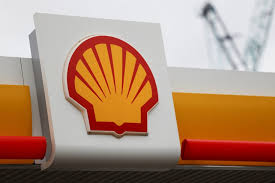Shell’s Valuation Gap Concerns
The former boss of UK oil major Shell, Ben van Beurden, has raised significant concerns regarding the company’s valuation gap between its London listing and a potential New York listing, deeming it a “major issue.”
Undervaluation and Investment Opportunities
Speaking at the Financial Times Global Commodity Summit in Switzerland, van Beurden highlighted Shell’s substantial undervaluation, emphasizing that its £118 billion market cap in London does not accurately reflect its true worth. He suggested that a listing in the US could unlock broader investment opportunities for the company.
Favourable US Attitudes Toward Energy Companies
Van Beurden pointed out that the United States offers more favourable attitudes toward conventional energy companies, which is increasingly becoming a critical consideration for firms listed in Europe.
Potential Strategic Moves
His remarks resonate with those of Shell’s current chief, Wael Sawan, who recently indicated that the company is evaluating all options regarding its domicile. However, any potential move is unlikely before the completion of Shell’s ongoing ‘sprint’ phase, initiated in June last year to enhance competitiveness and profitability.
Financial Performance and Competition
Despite leading UK rival BP in earnings for 2023, with $28.3 billion (£22 billion), Shell’s financial performance still falls short of US oil giant Exxon, which reported $36 billion (£28.3 billion) in net income for the same period.
Ongoing Strategic Initiatives
Shell is executing a $3.5 billion (£2.7 billion) program expected to conclude by the first quarter of 2024, aimed at further optimizing its operations and financial performance. Additionally, the company anticipates strong gas production figures for the first quarter, as announced recently.
Legal Battles Over Emissions Reduction
Meanwhile, Shell remains engaged in legal proceedings in the Netherlands following a 2021 court ruling mandating a 45% reduction in carbon dioxide emissions within a decade, reflecting the ongoing challenges faced by energy companies amidst evolving regulatory landscapes.





